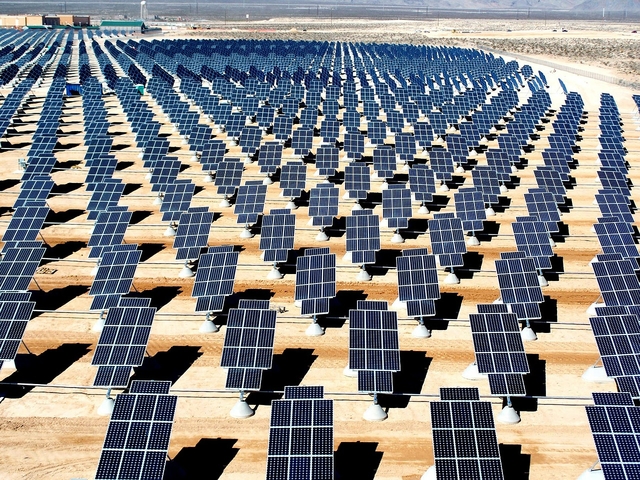Bangladesh has begun to realise its immense solar potential and perhaps, also the associated challenges. Southern Solar Power Ltd, a Bangladesh-based subsidiary of the now-bankrupt US-based SunEdison is to build a solar power plant, within 18 months and will be the lead developer of the solar PV project. The project is the biggest ever solar-based electricity generation plant in Bangladesh and will be built at Teknaf in Cox’s Bazar, costing an estimated $300m.
China’s JINKO Solar, will implement the project with an engineering procurement contract and set it up on 1,000 acres of government approved land. The project is part of the Government’s strategic power objectives of reaching a target of 2,000MW, or 10 percent of overall capacity, generated from renewable sources by 2020. Several other projects that are grid-connected have been approved, however, with implementation – the Teknaf project is at the most advanced stage.
Once built, the Bangladesh Power Development Board (BPDB), who signed a power purchase agreement (PPA) with Southern Solar Power, will buy electricity from the plant for the national grid at $0.17 per kilowatt-hour. Local reports state that the PPA will last for 20 years, with a tariff set at the US$0.17/kWh, on a “no electricity, no payment basis”.
State Minister for Power and Energy Nasrul Hamid, Power Secretary Dr Ahmed Kaikaus, BPDB Chairman Khaled Mahmood and senior officials attended the signing ceremony.
Mr Hamid, said the government actively supports renewable energy as part of its strategic objectives and the plant will help the government achieve the target. In addition, he also pointed towards the future; “we also have a plan to set up a solar park with a 1,000MW capacity”, adding that the government is searching for appropriate locations, such as Gaibandha and Chittagong for the project.
However, Bangladesh’s Sustainable and Renewable Energy Development Authority (SREDA) has pointed to a shortage of available uncultivated land in the densely populated country as a significant obstacle to the building of large-scale, grid-connected solar plants, which need a substantial area of land for installation of solar panels. Therefore SREDA stated that the government’s policy is to set up plants in non-agriculture lands only, to keep food production unhampered. This means that in order to meet the 2020 objectives, rooftop solar could be a significantly larger part of the overall mix, with a greater emphasis on the potential of the rooftops of residential, commercial and industrial buildings.
Interestingly, market reports suggest that many Indian companies are considering setting up both large-scale solar PV projects and also rooftop solar PV projects in Bangladesh; sensing, perhaps no too late, the opportunities within a country with the world’s eighth highest population, mostly young and dynamic; and showing robust growth of 6.9% in 2016.
